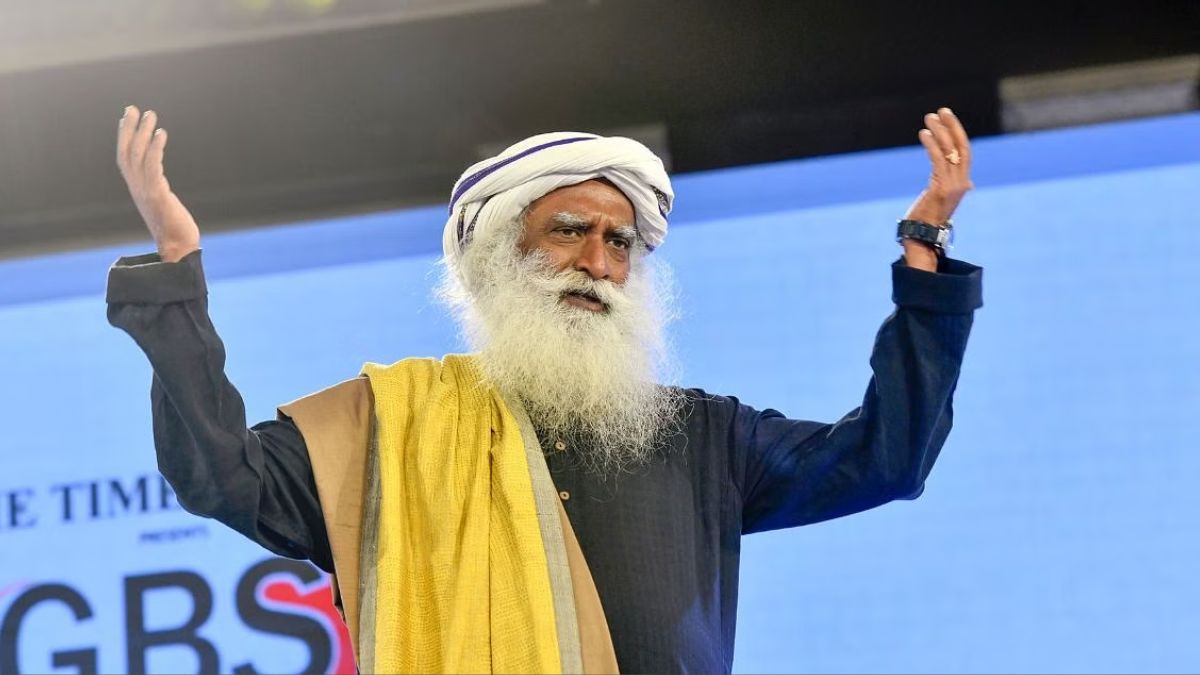The Supreme Court of India recently dismissed a habeas corpus petition concerning two adult sisters residing at the Isha Yoga Centre in Coimbatore. The petition, filed by their father, a retired professor, alleged illegal confinement and brainwashing. However, the court, after hearing statements from both sisters confirming their voluntary presence and freedom to leave, determined that no further action was necessary. This decision highlights the complexities surrounding individual autonomy, parental concerns, and the legal framework governing adult choices within religious or spiritual communities. The case also raises questions about the balance between individual liberty and potential concerns about undue influence within such organizations. This detailed analysis explores the events leading to the Supreme Court’s decision, the arguments presented, and the implications of the ruling.
The Habeas Corpus Petition and the Allegations
The case originated from a habeas corpus petition filed by a retired professor from Tamil Nadu Agricultural University, claiming that his two adult daughters were illegally confined at the Isha Yoga Centre, a prominent yoga and spiritual organization founded by Sadhguru Jaggi Vasudev. The professor alleged that his daughters were “brainwashed” into staying at the ashram against their will and that their lives had become “hell” since they began living there. His claim highlighted a broader concern about potential coercion or undue influence within the Isha Yoga Centre. He insisted they were deprived of their freedom and were being prevented from reuniting with their family.
The Daughters’ Testimony and Voluntary Residence
Crucially, both of the adult daughters directly contradicted their father’s claims. They appeared before both the Madras High Court and subsequently, the Supreme Court, to explicitly state that their presence at the Isha Yoga Centre was entirely voluntary. They affirmed they were free to leave at any time and expressed no desire to do so. This testimony directly refuted the core allegation of illegal confinement underpinning the habeas corpus petition. The daughters’ statements were the pivotal factor in the Supreme Court’s decision.
The Legal Proceedings and the Supreme Court’s Ruling
The Madras High Court initially ordered an investigation into the allegations, prompting the intervention of the Supreme Court. The Supreme Court, in an earlier order, temporarily halted police actions pending further consideration. However, following the sisters’ direct testimonies affirming their free will and voluntary residency, the Supreme Court ultimately dismissed the habeas corpus petition. The court emphasized the adults’ right to self-determination and their capacity to make independent choices about their lives, even if those choices differ from their family’s wishes. The court clarified that its decision would not impact any regulatory obligations the Isha Yoga Centre might have.
The Balancing Act: Individual Liberty vs. Parental Concerns
This case highlights the challenging balancing act between an individual’s right to self-determination and parental concerns. While parents naturally have a deep interest in their children’s wellbeing, the legal system must respect the autonomy of adult individuals, regardless of familial expectations. The Supreme Court’s decision underscores this crucial principle. It acknowledges that adults can make choices that their parents may disagree with, and that those choices, absent evidence of coercion or illegal activity, are legally protected. The ruling clearly prioritizes the individual’s expressed wishes above familial anxieties in this specific case.
Implications and Further Considerations
The Supreme Court’s decision carries several significant implications. Firstly, it affirms the paramount importance of the right to individual autonomy for adults. This principle stands as a cornerstone of any just and democratic society, acknowledging individual’s rights to choose their lifestyle, beliefs and living circumstances. Secondly, the case highlights the need for a cautious and evidence-based approach when considering allegations of undue influence within spiritual or religious organizations. While genuine concerns about potential exploitation should always be investigated thoroughly, such investigations must carefully balance potential accusations with the fundamental right to individual autonomy. Finally, the ruling acts as a precedent for similar cases, emphasizing the weight afforded to the direct statements of adults involved, confirming their freedom of choice.
The Role of Religious and Spiritual Organizations
The Isha Yoga Centre’s statement, asserting its belief in individuals’ freedom to choose their paths and rejecting any implication of enforced religious or spiritual commitments, aligns with the principles affirmed by the court. The case doesn’t delve into broader questions about the oversight of such organizations, however, highlighting the potential need for robust internal mechanisms within organizations to safeguard individual welfare, alongside any broader external regulatory oversight.
Takeaway Points
- The Supreme Court prioritized the adult daughters’ right to self-determination and their expressed desire to reside at the Isha Yoga Centre.
- The court dismissed the habeas corpus petition due to the lack of evidence of illegal confinement or coercion.
- The case highlights the tension between parental concerns and the autonomy of adult individuals.
- The ruling underscores the importance of respecting individual choices, even when those choices differ from familial expectations.
- This decision sets a legal precedent concerning individual liberty within the context of religious or spiritual communities.




